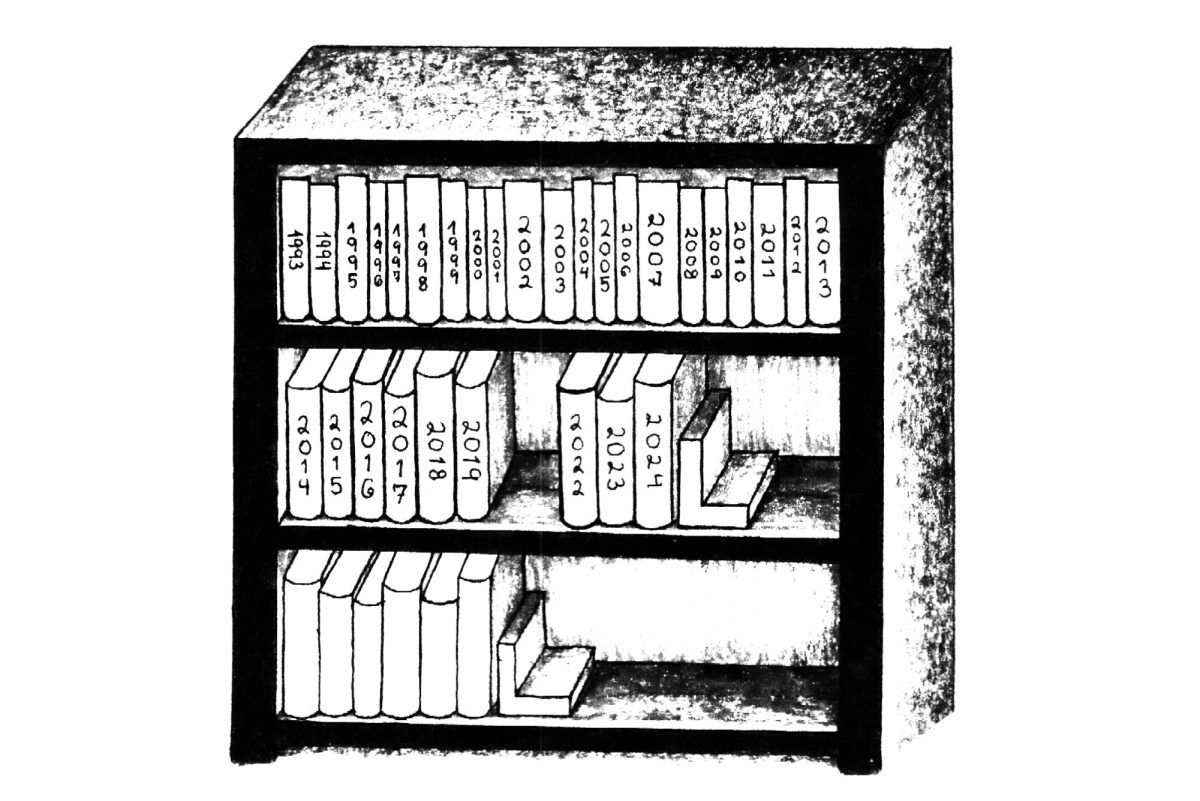As the District is starting to come back to life after a year of COVID-19 restrictions, GW is coming back to life with it. In this week’s headlines, we saw administrators making decisions that reflect the dawn of an in-person return to campus.
Over the past week, officials announced they will hold an in-person Commencement for the graduating classes of 2020 and 2021 in October, that the Colonial Health Center is now housing symptomatic COVID-19 testing and that juniors and seniors have the option to move in to their residence halls in July to reduce crowds in August.
Here’s the best and the worst from this week’s headlines:
Thumbs up:
An in-person Commencement ceremony for the graduating classes is a sign of better times to come. The ceremony will be the first one held since 2019, and students participating in it will even be allowed to bring up to four guests. Georgetown University only allowed students two guests each, and American University aired a livestream for family and friends to watch the ceremony. The ceremony will make up for GW being only one out of the five largest universities in the District that did not hold an in-person ceremony for the class of 2021.
In other news, students will be able to find symptomatic COVID-19 testing in the CHC in the coming academic year. This is a sign of more normal times to come, as testing was initially housed in Shenkman Hall and then Lerner Health and Wellness Center, both of which serve as student hubs in a regular, in-person school year. Now that testing is in the CHC, it seems as though the University is preparing for students to once again swarm both Lerner and the Marvin Center in the coming year.
Thumbs down:
In a very GW-like manner, juniors and seniors have the option to move into their residence halls in July for an extra cost of $1,000 on top of their housing bill for the academic year. Administrators argued that students who are able to move in earlier will facilitate a “more relaxed and enjoyable” move-in experience for students in August. But it’s hard to ignore that the announcement comes at a time when many students have been living at home for more than a year and are likely desperate to taste the freedom of college life once again. Perhaps the University is looking to profit from their students’ difficult predicaments.
The announcement also could suggest that administrators want to reduce the number of students coming to campus in August, presumably taking the risks of COVID-19 into account. But if the July move-in option is indeed a public health measure, then it seems fishy to charge students the extra $1,000.
Shreeya Aranake, a senior majoring in history, is the contributing opinions editor.


